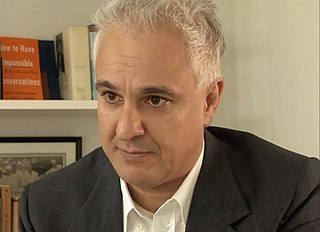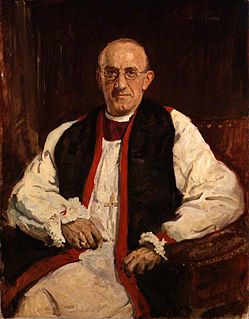A Quote by Johann Wolfgang von Goethe
What have the Germans gained by their boasted freedom of the press, except the liberty of abusing each other as they like?
Related Quotes
Liberalism is a creation of the seventeenth century, fathered by British philosopher John Locke (1632-1704). For Locke, liberalism means limited government, the rule of law, due process, liberty, freedom of religion, freedom of speech, freedom of the press, freedom of assembly, separation of church and state, and separation of government powers into branches that oversee each other's authority.
If by the liberty of the press were understood merely the liberty of discussing the propriety of public measures and political opinions, let us have as much of it as you please: But if it means the liberty of affronting, calumniating and defaming one another, I, for my part, own myself willing to part with my share of it, whenever our legislators shall please so to alter the law and shall chearfully consent to exchange my liberty of abusing others for the privilege of not being abused myself.
I want to make a toast to all at this press event who agree with Thomas Jefferson, who said that our liberty depends on the freedom of the press. So I want to lift a glass to those who defend that freedom. Our finest, the men and women in uniform who defend that freedom, our Constitution, and our exceptional way of life in America.
For, contrary to the common opinion, it is the wealthy who are greedy of wealth; while the populace are to be gained by talking to them about liberty, their unknown god. And so much are they enchanted by the words liberty, freedom, and such like, that the wise can go to the poor, rob them of what little they have, dismiss them with a hearty kick, and win their hearts and their votes for ever, if only they will assure them that the treatment which they have received is called liberty.
The liberty of the press is indeed essential to the nature of a free state: but this consists in laying no previous restraints upon publications, and not in freedom from censure for criminal matter when published. Every freeman has an undoubted right to lay what sentiments he pleases before the public: to forbid this, is to destroy the freedom of the press: but if he publishes what is improper, mischievous, or illegal, he must take the consequence of his own temerity.
In fact, it's the greatest threat to liberty of all kinds, whether it is freedom of religion, whether it is freedom of speech, whether it is freedom of the press, whether it is freedom of association, all of the rights that are enshrined in the First Amendment are threatened by the active, aggressive homosexual lobby and the homosexual agenda.
Anarchism is for liberty, and neither for nor against anything else. Anarchy is the mother of co-operation, yes, just as liberty is the mother of order; but, as a matter of definition, liberty is not order nor is Anarchism co-operation. I define Anarchism as the belief in the greatest amount of liberty compatible with equality of liberty; or, in other words, as the belief in every liberty except the liberty to invade.
The Magna Carta is an early reminder of the crucial difference between freedom and liberty. Liberty is freedom that is unique to humans, it is guaranteed by law. All animals are free, but in a system of humans total freedom is anarchy. Humans have thrived by letting a dominant authority regulate freedom. Liberty is a freedom that the authority has granted or has been persuaded to grant. For centuries, the state and the people have negotiated, peacefully and violently.





































